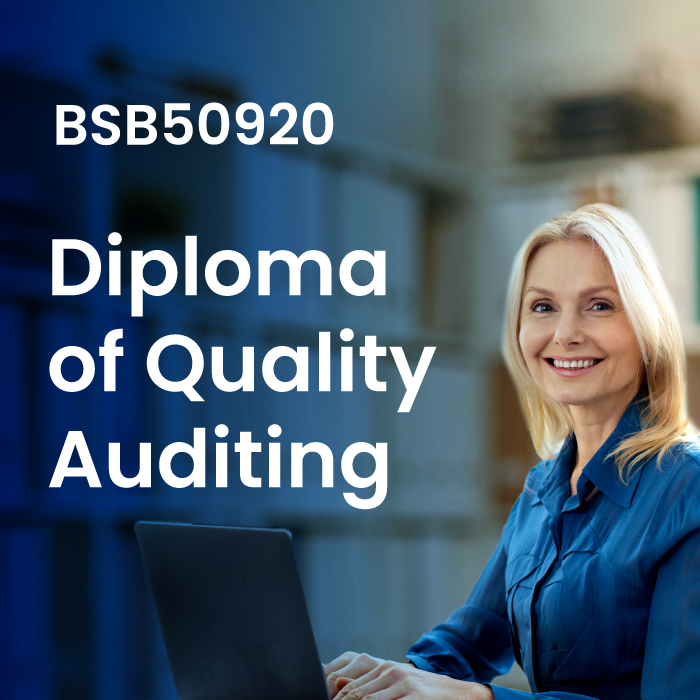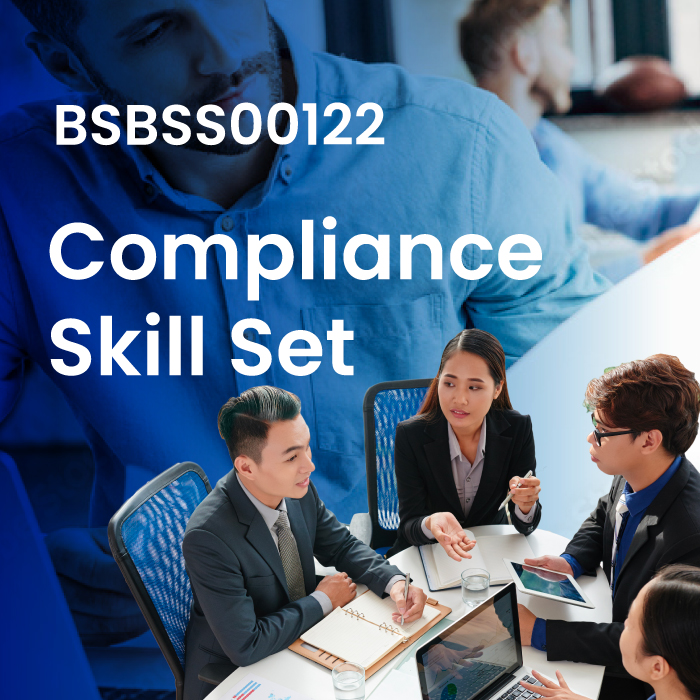Insources Institute
Leaders in Talent Development
We provide quality and relevant training to support the development of Australian's workforce in all aspects of a training organisation’s operation.



Insources Institute
Insources education solutions have been developed for individuals with different responsibilities and roles, working in the vocational education and training, learning and development, and performance improvement sector.
Training and Education Solutions
Our Master Programs address the capabilities required for specific job roles such as: Trainer/Assessor, Compliance Manager, and RTO Manager.
Workshops and Online Training address the competencies required to understand and perform different processess such as: designing assessment systems, conducting assessment tasks (including RPL's), designing training programs, managing RTO compliance, and upacking training packages.
Our Webinars address the skills and knowledge required to perform specific tasks such as: selecting, recruiting, and managing trainers and assessors, designing session plans, understanding RPL, conducting assessment validations, and managing third parties.
Our Summits are designed to address current issues, and provide participants an opportunity to interact with the key stakeholders and subject matter experts.
Diploma of Quality Auditing
This nationally recognised course provides you the opportunity to equip yourself with knowledge and skills in planning, organising and participating in audits.

Compliance Skill Set
The compliance skill set equips you the knowledge and skills in interpreting, evaluating and working within compliance frameworks at an organisation.

Lead Auditor Skill Set
The Lead Auditor Skill Set equips you with the knowledge and skills in leading a quality audit in a broad range of industries.

Perfect for Professionals
Insources’ courses are carefully curated to allow maximum knowledge and skill acquisition. We make sure that the technical know-how demands of a job role is complemented with the required soft skills that will empower you to perform your day to day responsibilities.

Perfect for Employers
Our courses have workplace training at its heart. As firm believers that training without impact is futile, we design our courses to produce real valuable impact to your workplace. We can even help you calculate workplace impact! Send your team members our way and see Insources Institute in just a few weeks!

What Are People Saying?
After working in Compliance for 4 years, the Diploma of QA has really helped me apply concepts of quality assurance and auditing in my current role.
Stephanie M.
Diploma of Quality AuditingAwesome support from student services & trainer! Completing this course self-paced has been a great experience. I have thoroughly enjoyed the course contents. Having started my own business this course has helped me set parameters and expectations along with covering the foundations all business owners should be aware of ! Highly recommend Insources Institute to anyone considering training!
Kelvin P.
Certificate IV in Entrepreneurship and New BusinessGreat course to upskill and qualify yourself. This qualification has helped me in developing my skills in managing a team and the expectations of internal stakeholders at my workplace. Working in retail can be hard, engaging and motivating your team and this course has assisted me in building and maintaining genuine team relationships.
Kieran C.
Diploma of Leadership & ManagementEnrolling in the Diploma of Quality Auditing at InSources Institute was a game-changer. The focus on practical application through real-life case studies and simulated audits enhanced my understanding of auditing principles. The supportive faculty and work placements allowed me to apply my knowledge in real-world settings. Truly an enriching experience!


